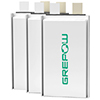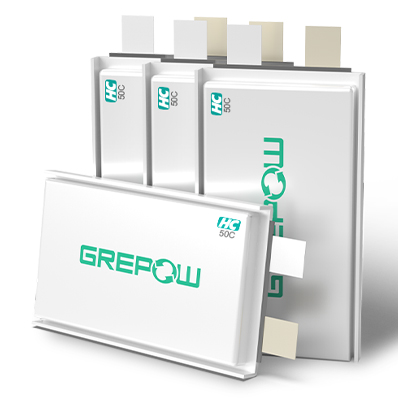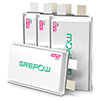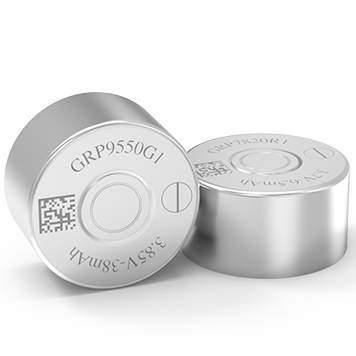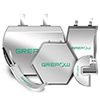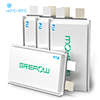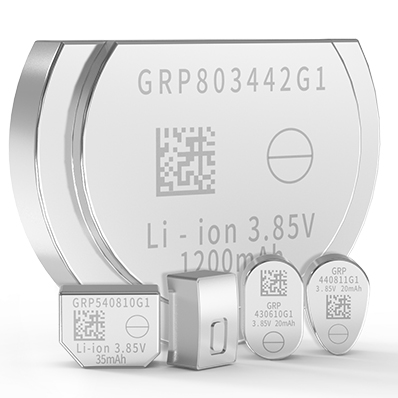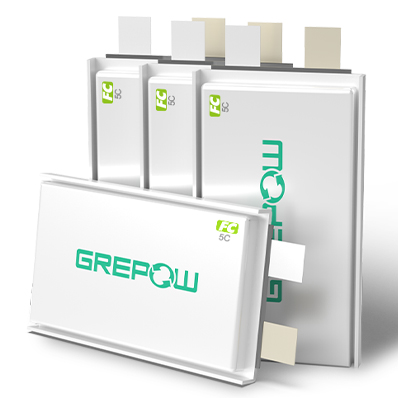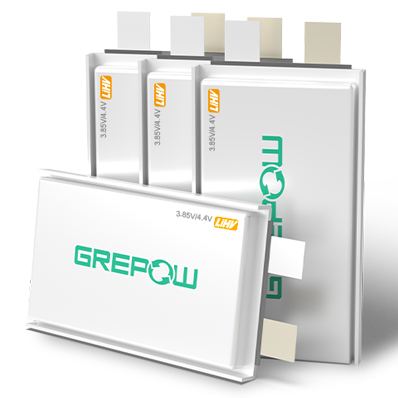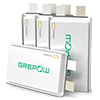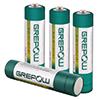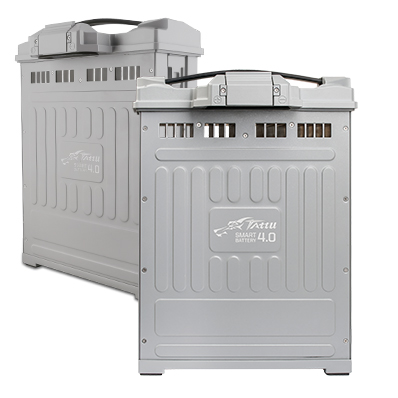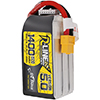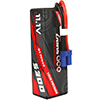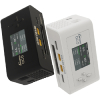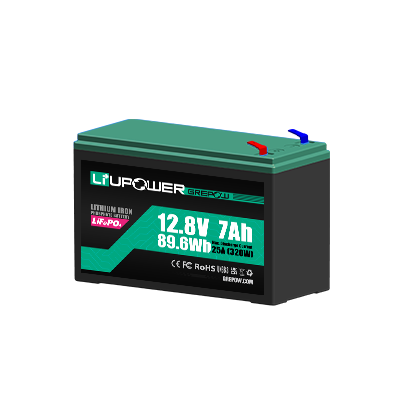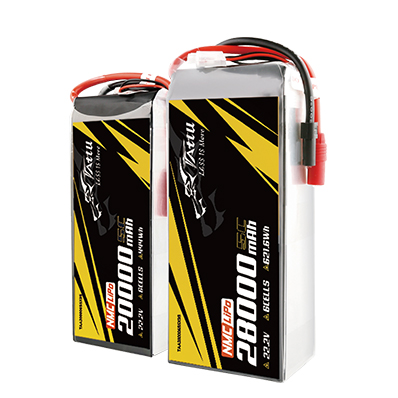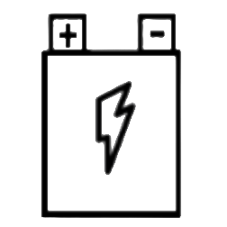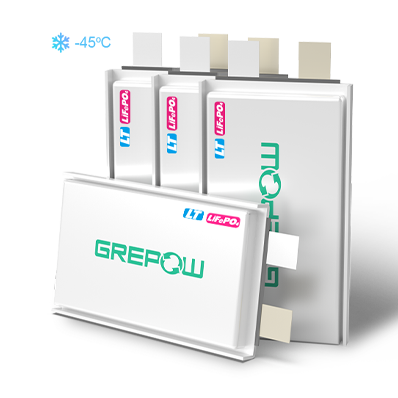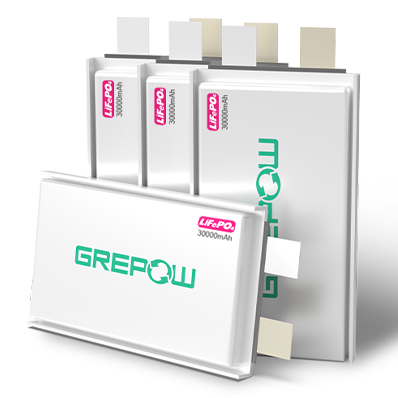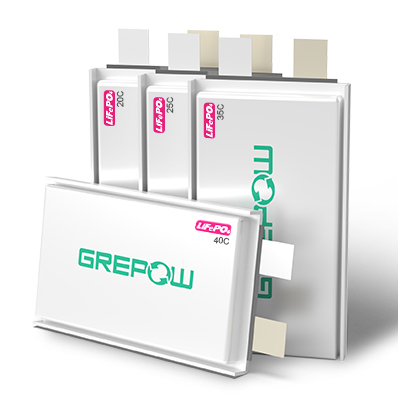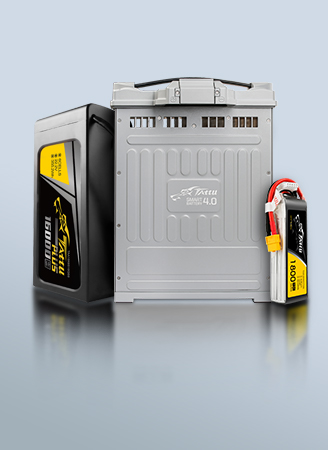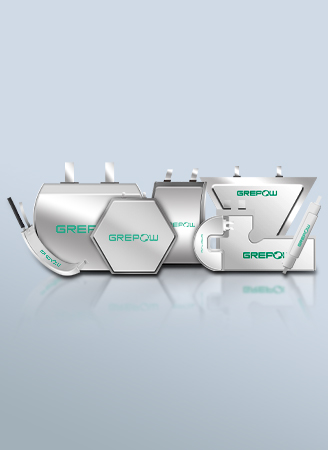What Are the Advantages and Disadvantages of Lfp Battery?
Lithium iron phosphate battery (also known as LFP or LFP battery) has emerged as a leading choice in various applications due to their unique characteristics. In this article, we'll explore what LFP batteries are, delve into their advantages, and scrutinize the potential drawbacks associated with this popular energy storage technology.
What Is LFP Battery?
LFP stands for lithium ferrous phosphate, and an LFP battery is a type of lithium-ion battery that employs lithium iron phosphate as its cathode material. The unique chemical composition of LFP battery provides distinct advantages and addresses some of the challenges associated with other lithium-ion chemistries. These batteries have become widely utilized in applications ranging from electric vehicles to renewable energy storage systems.
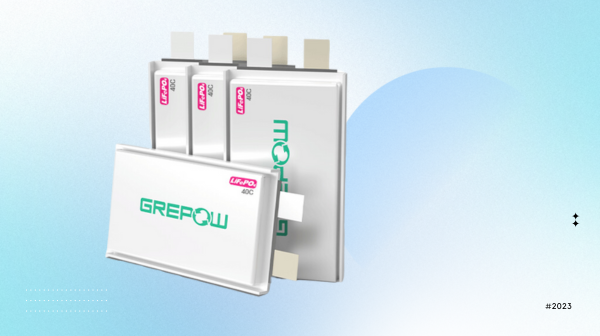
Advantages of LFP Battery
LFP batteries offer several advantages that make them a preferred choice in various applications. Here are some key advantages of LFP battery:
● Enhanced Safety: One of the standout features of LFP batteries is their excellent safety profile. Unlike some other lithium-ion chemistries, LFP is known for its thermal stability and reduced risk of thermal runaway. This makes LFP batteries a safer choice, particularly in applications where safety is a critical concern.
● Long Cycle Life: LFP batteries exhibit a longer cycle life compared to many other lithium-ion batteries. With the potential for thousands of charge-discharge cycles, LFP batteries are ideal for applications that demand durability and longevity, such as off-grid solar systems and electric vehicles.
● Stable Performance at High Temperatures: LFP batteries perform well in high-temperature conditions, maintaining stability and reliability. This feature makes them suitable for applications in climates with elevated temperatures, where other lithium-ion batteries might experience performance degradation.
● Fast Charging Capability: LFP batteries generally support faster charging compared to other lithium-ion chemistries. This characteristic is particularly valuable in applications where quick turnaround times are essential, such as electric vehicles and portable electronic devices.
● Low Self-Discharge Rate: LFP batteries have a lower self-discharge rate compared to some other rechargeable batteries. This means they can retain their charge for longer periods when not in use, making them suitable for applications that require energy storage over extended periods.
● Environmental Friendliness: LFP batteries are considered environmentally friendly because they do not contain cobalt, a material associated with environmental and ethical concerns in some other lithium-ion chemistries. The materials used in LFP batteries, including iron and phosphate, are more abundant and pose fewer environmental and supply chain issues.
● High Discharge Current: LFP batteries can deliver high discharge currents, making them suitable for applications that require a quick and powerful energy release. This characteristic is beneficial in electric vehicles, power tools, and other high-performance devices.
● Ease of Maintenance: LFP batteries generally require less maintenance compared to some other types of batteries. Their stable chemistry reduces the need for complex battery management systems and regular maintenance tasks.
Disadvantages of LFP Battery
While LFP batteries offer numerous advantages, it's important to consider some potential disadvantages associated with this battery technology:
● Lower Energy Density:One of the primary drawbacks of LFP batteries is their lower energy density compared to some other lithium-ion batteries. This means they may have a lower specific energy and, consequently, a larger physical size for a given energy capacity.
● Higher Cost:LFP batteries can be more expensive to manufacture compared to certain other lithium-ion chemistries. While the prices have been decreasing with advancements in technology and increased production scale, the initial cost remains a consideration for some applications.
● Reduced Voltage:The nominal voltage of a single LFP cell is lower compared to some other lithium-ion chemistries. As a result, devices and systems designed for higher voltage batteries may need additional cells in series, impacting the overall design and complexity.
● Slower Discharge Rate: In comparison to some other lithium-ion batteries, LFP batteries may have a slower discharge rate. While this might not be a significant concern for many applications, it could impact high-power applications where rapid discharge is essential.
● Bulkier Size: LFP batteries, due to their lower energy density, may require a larger physical size to achieve the same energy storage capacity as batteries with higher energy density. This can be a disadvantage in applications where space is a critical factor.
Conclusion
LFP batteries offer a compelling combination of safety, longevity, and stable performance, making them a preferred choice in various industries. While their disadvantages, such as lower energy density and higher initial costs, should be considered, ongoing advancements in battery technology are addressing these concerns. As research and development continue, LFP batteries are likely to play an increasingly vital role in shaping the future of energy storage. As a global leader in LFP battery cell manufacturing, Grepow offers professional customization solutions for LFP battery packs and Battery Management Systems (BMS), catering to your specific application requirements. If you have any questions or needs, please feel free to contact us at info@grepow.com.
Related Articles:
LFP vs NMC Battery: Exploring the Differences
LiFePO4 vs. LiPo: What’s the Difference?
How to Charge LiFePO4 Battery?
What Is LiFePO4 Battery and Why Use lt?
Why do the Voltage of LiFePO4 Batteries Drop Back?
Related Articles
-
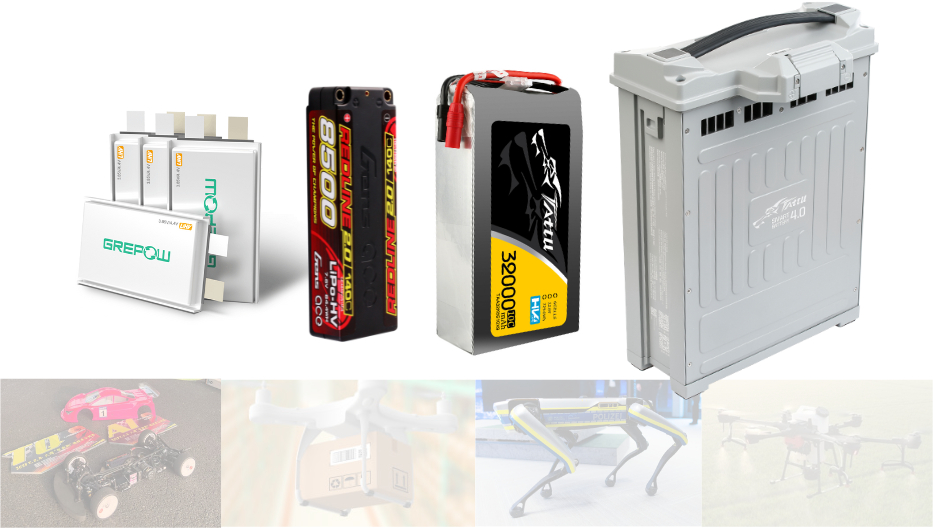
High Voltage Batteries: Basics & Applications Guide
2025-02-28 -
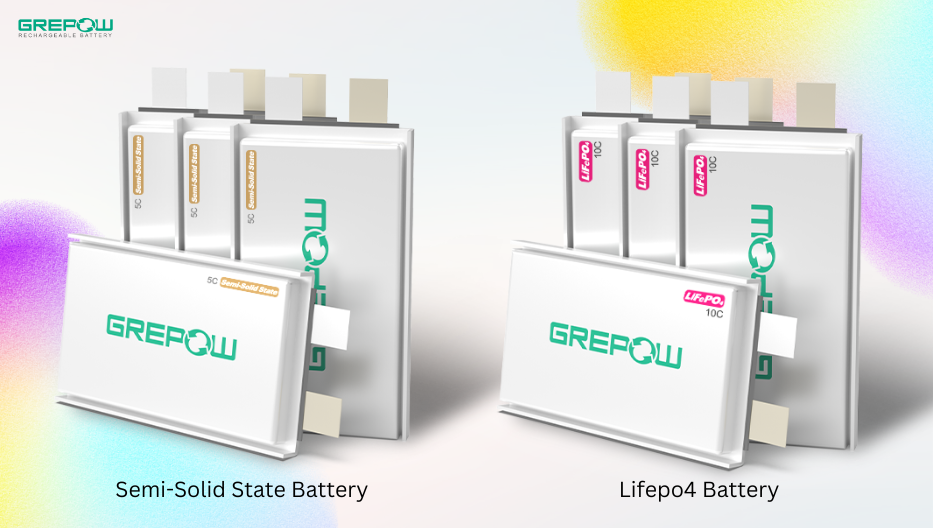
Semi Solid State Battery vs Lifepo4 Battery: What's the Difference?
2025-01-20 -
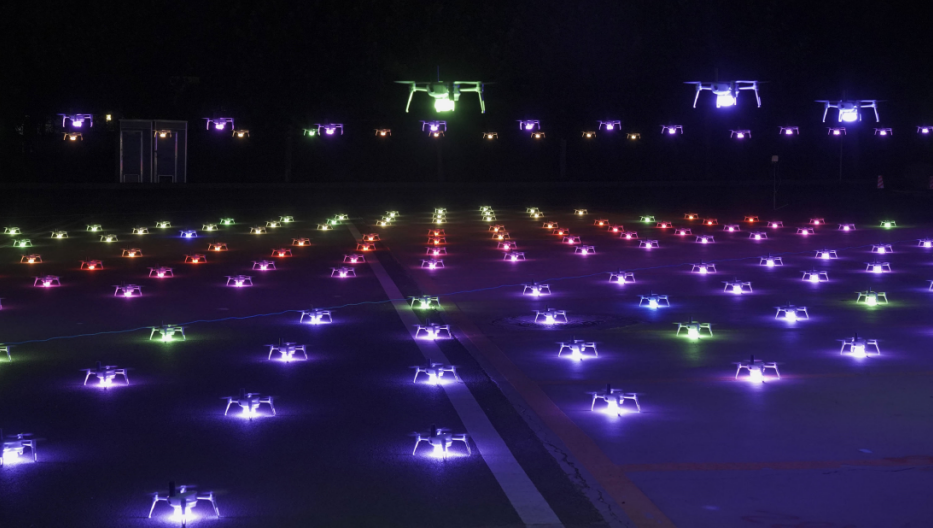
How Drone Light Shows Are Created and Key Battery Power Requirements
2024-10-21

